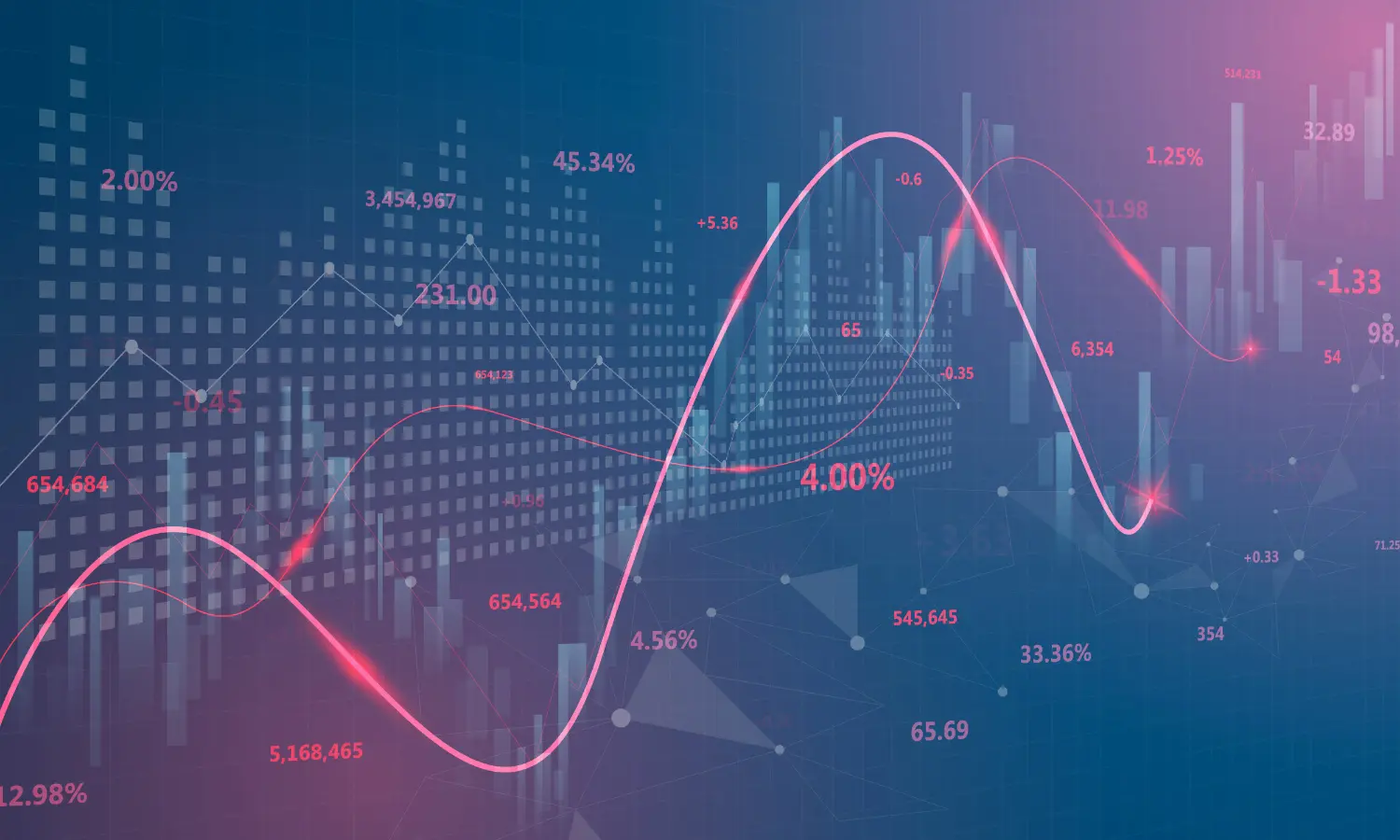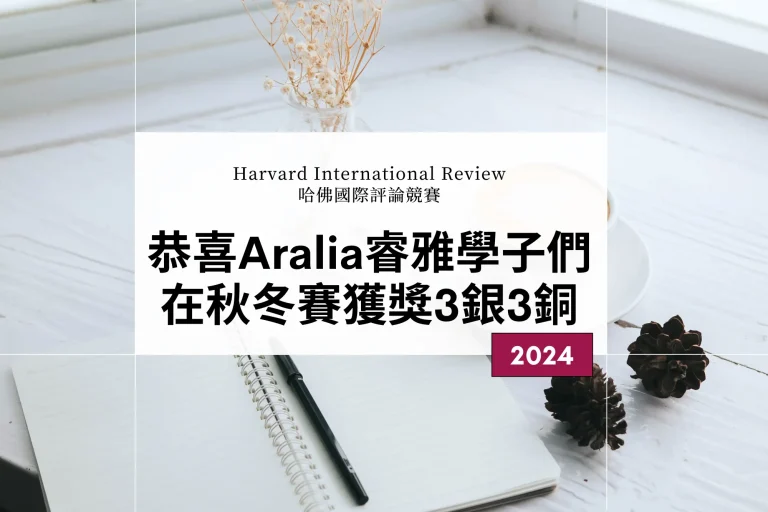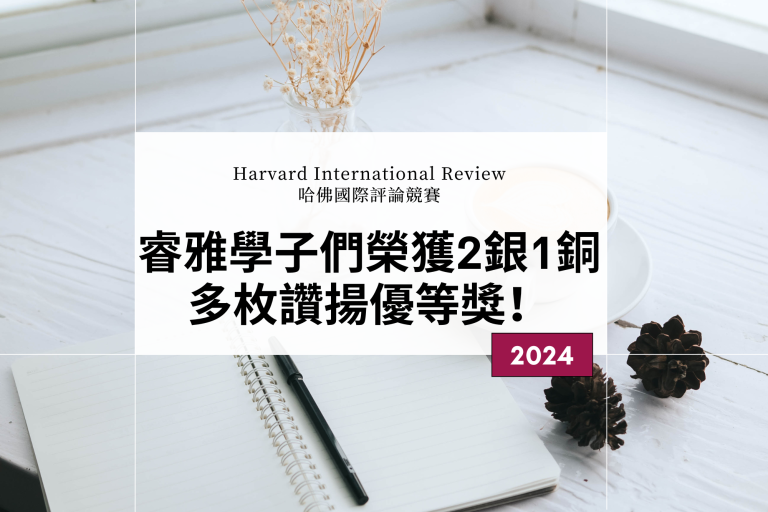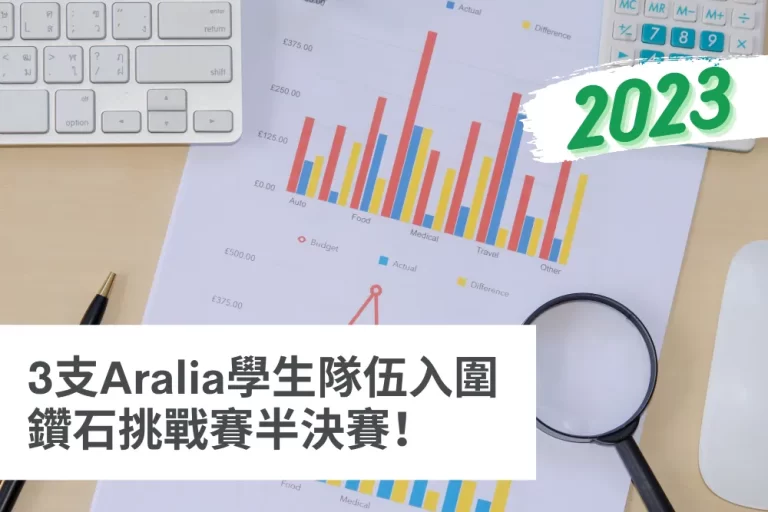HPEC 哈佛高中生經濟學挑戰
哈佛高中生經濟學挑戰,Harvard Pre-Collegiate Economics Challenge(HPEC) 由哈佛大學經濟學本科生協會(HUEA)主辦,是一項面向熱愛經濟學的高中生的著名國際競賽。該競賽主要測試參賽者的 AP 微觀經濟學和宏觀經濟學知識,以及當前的經濟問題、歷史、研究和在教育與環境等領域的應用。
想要挑戰這項比賽?

競賽訊息
高中生
參賽資格
每隊 125 美元
参赛费用
2025年4月6日
註冊截止日期
2025年4月12日
比賽日期
📌 注意:睿雅學院並非本次競賽的主辦單位。有關競賽的官方規則、截止日期及最新信息,請直接查閱主辦方發布的內容。睿雅學院僅提供競賽資訊,供學生參考。 睿雅學院是一個針對全球學生的線上教育平台,提供各類競賽準備課程。
競賽細節
1. 比賽介紹
比賽包括個人賽和團隊賽,旨在培養批判性思維和協作精神。它為 AP 經濟學考試提供了寶貴的準備資料,讓參賽者深入了解更廣泛的經濟學概念和現實世界的應用。學生和教練可以建立聯繫,與專家互動,拓展課堂之外對經濟學的理解。
2. 團隊規模
每隊1-4名成員,每所學校最初僅限一支隊伍(根據場地情況,可能會允許增加隊伍)。
每隊必須有一名教練(老師或家長)陪同。
3. 報名及費用
報名費為每隊 125 美元(不可退還)。美國參賽隊伍必須透過 Zelle 付款,國際參賽隊伍請聯絡 HUEA 以了解付款方式。報名詳情即將公佈,由於名額有限,建議儘早報名。
4. 往年考試題目
- Advances in artificial intelligence (AI) have the potential to affect growth, inequality, productivity, innovation, and employment. OpenAI’s ChatGPT, in particular, has greatly increased public awareness about the significance of AI and its implications for the future. What impact will the development of AI have on economic inequality, the composition of the workforce, and economic output as a whole? How can nations prepare for the micro and macroeconomic changes brought about by AI? 人工智慧(AI)的進步生產力有可能影響經濟成長、不平等、不平等、不平等、創新和就業。尤其是 OpenAI 的 ChatGPT,大大提高了公眾對人工智慧意義及其對未來影響的認識。人工智慧的發展會對經濟不平等、勞動力組成和整體經濟產出產生什麼影響?各國如何為人工智慧帶來的微觀和宏觀經濟變化做好準備?
- Measuring national and global economic activity allows us to understand how economies change in size and structure—how they grow and contract. In addition to Gross Domestic Product (GDP), government budgets, and the money supply, alternatives like the Human Development Index (HDI) and Gross National Income (GNI) are used to assess economic progress. What are the advantages of our current economic indices, including GDP, HDI, GNI, government budgets, and the money supply, and in what areas are they lacking? Which of these indices do you find most helpful, and how can we enhance or combine them to improve our understanding of economic measurement? 透過衡量國家和全球經濟活動,我們可以了解經濟體在規模和結構上的變化–它們是如何增長和收縮的。除了國內生產毛額(GDP)、政府預算和貨幣供給之外,人類發展指數(HDI)和國民總收入(GNI)等其他指數也被用來評估經濟進步。我們目前的經濟指數,包括國內生產毛額、人類發展指數、國民總收入、政府預算和貨幣供給量,有哪些優勢?你認為這些指數中哪些最有幫助,我們該如何加強或結合這些指數來提高我們對經濟衡量的理解?
- Proponents of income redistribution support the idea that redistribution policies will increase economic stability and give more opportunities to the less wealthy. Others, however, are more skeptical and believe it could have negative consequences for economic growth. Current methods of redistribution include taxation, welfare, public services, and other monetary policies. What strategies for income redistribution should the U.S. adopt from other countries? What economic impacts could a wealth tax or super millionaire tax have? What type of redistribution is most effective and feasible? What would be the impacts of the U.S. enacting universal basic income? Discuss the implications of any of these issues and feel free to expand on other areas of economic redistribution. 收入再分配的支持者認為穩定性,並為不太富裕的人提供更多機會。但也有人持懷疑態度,認為這可能對經濟成長產生負面影響。目前的再分配方法包括稅收、福利、公共服務和其他貨幣政策。美國應借鏡其他國家的哪些所得再分配策略?財富稅或超級百萬富翁稅會對經濟產生什麼影響?哪種類型的再分配最有效、最可行?美國頒布全民基本收入會產生什麼影響?討論任何這些問題的影響,並自由擴展經濟再分配的其他領域。
- As the United States weighs the impacts of China’s rise to global prominence, economics and national security have become increasingly intertwined. As a result, the United States government has imposed both tariffs and investment restrictions on China to limit the nation’s access to both US markets and intellectual property (specifically in sensitive industries such as semiconductors). What are the economic implications of these policies for United States firms, consumers, and workers? Discuss the most important perspectives of the US-China trade war and provide suggestions on how both countries can manage the prospect of a changing economic order. 在美國權衡中國崛起對全球的影響時,經濟和國家安全日益交織在一起。因此,美國政府對中國實施了關稅和投資限制,以限制中國進入美國市場和智慧財產權(特別是半導體等敏感產業)。這些政策對美國公司、消費者和勞工有什麼經濟影響?討論中美貿易戰最重要的觀點,並就兩國如何應對經濟秩序變化的前景提出建議。





